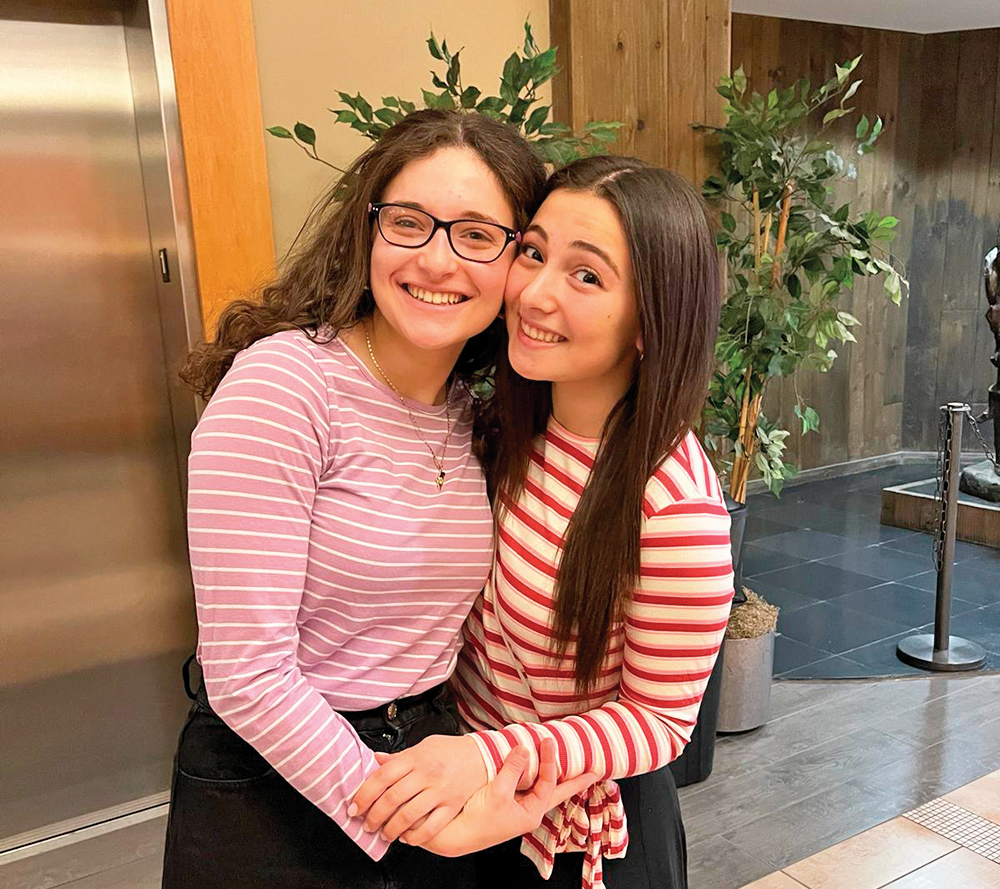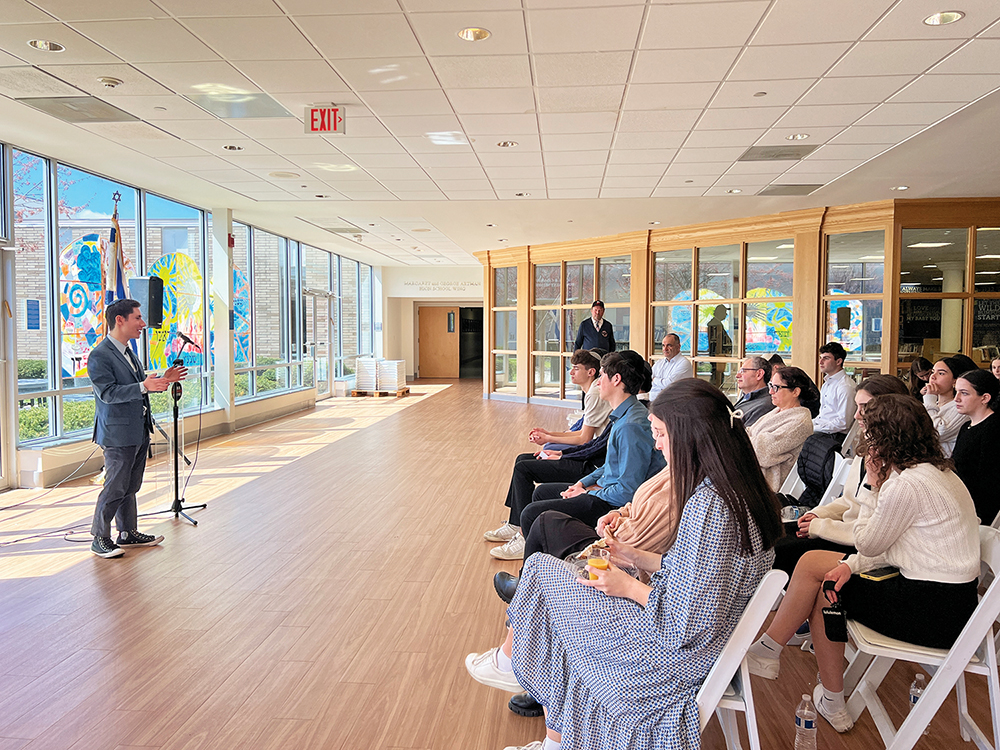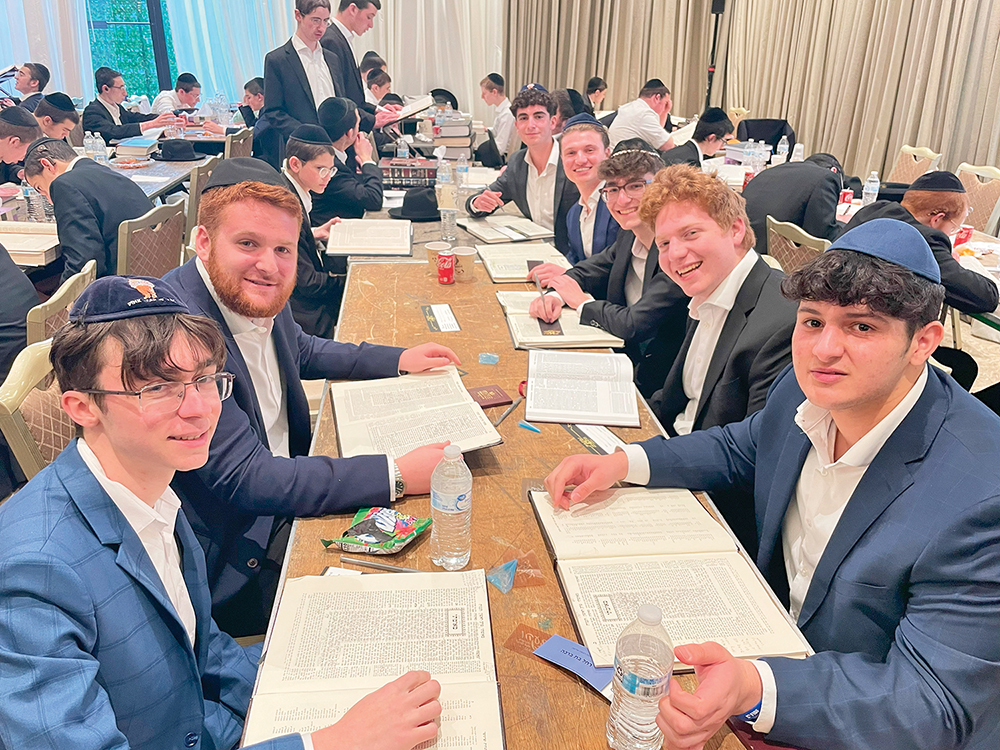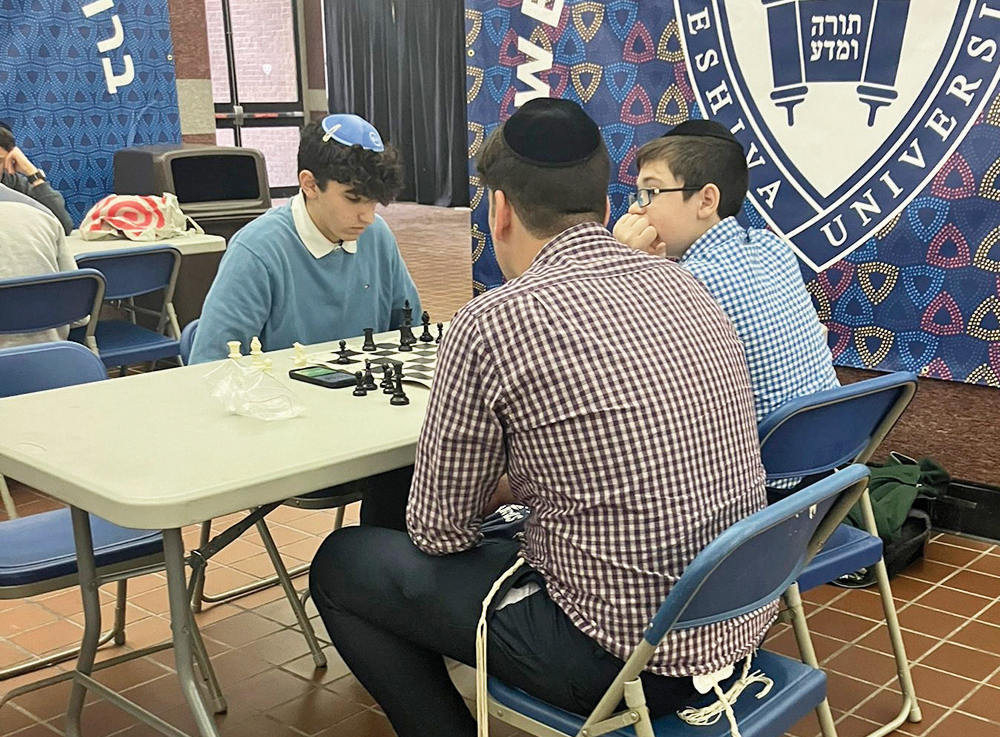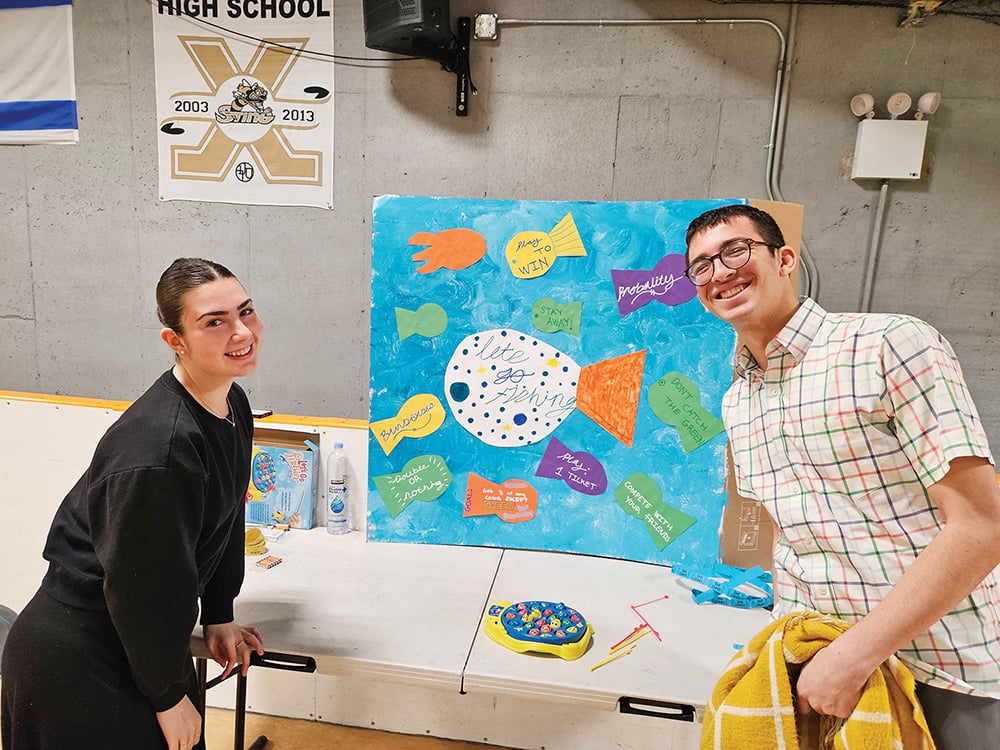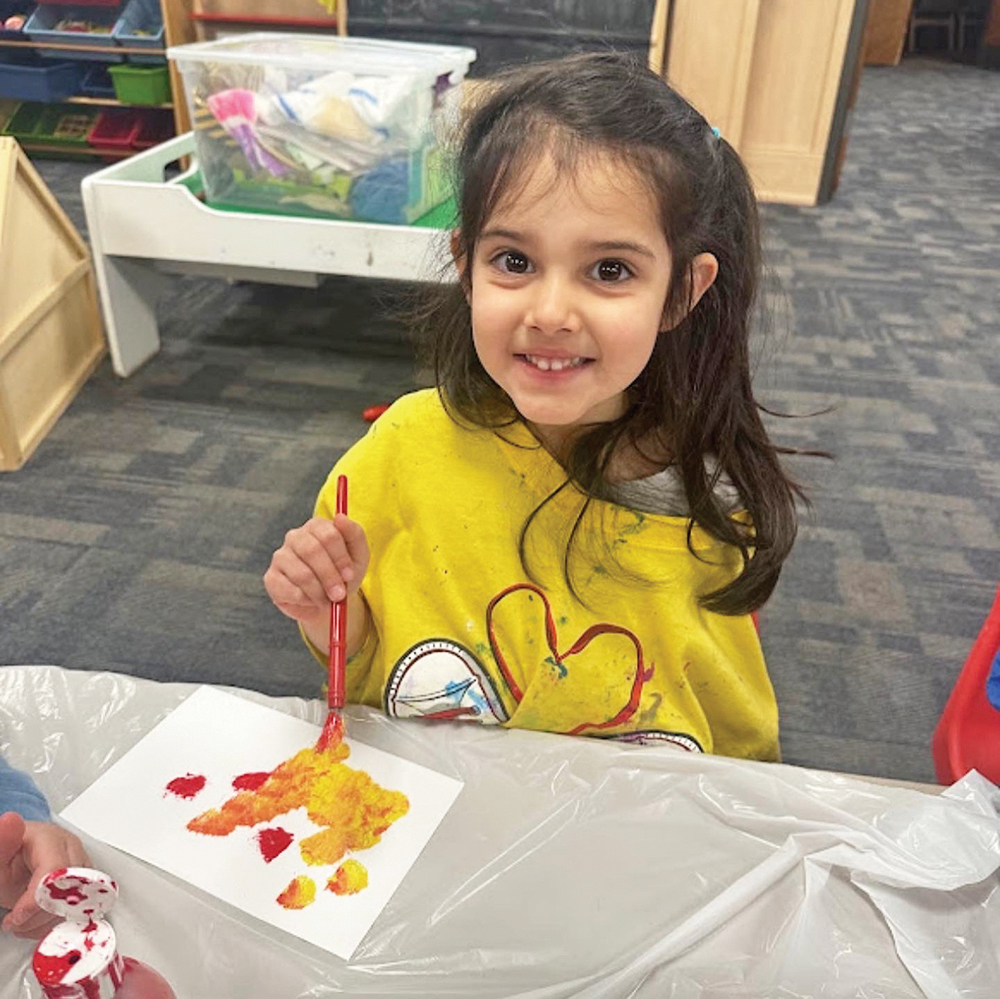Wednesday of this coming week is the yahrzeit of my mother-in-law, Rebbetzin Ita Singer, a”h. Many of you who know my father-in-law, Rabbi Singer, his love of all klal Yisrael and the incredible vision he had many years ago of building a yeshiva for the working man. It all became a reality because of his dear wife, Rebbetzin Singer. She was the mother of our yeshiva and she encouraged Rabbi Singer to dream big in building our yeshiva. She is sorely missed. All those who knew her felt her true care and concern for each person’s well-being, whether to share a recipe, suggest a shidduch or just be a listening ear.
I can give you an insider’s view of Rebbetzin Singer. Stereotypical grandparents enjoy spending the day with their family and enjoy being able to leave at the end of the day, leaving the chores of parenthood to the parents. However, Rebbetzin Singer’s attention to her family did not stop with a visit. She would drive carpools, take them shopping, go to doctor’s appointments and give the little babies a bath. Raising a Torah-observant family was her focus and her greatest pride. Even dealing with the challenges and chores of her grandchildren were embraced by her as a mother, because that’s what being a Jewish mother/grandmother is about. Helping her family is what she lived for.
Raising a Torah-observant family is a major theme of Parshas Vayishlach. Yaakov met with Esav upon his return to Eretz Yisrael. Esav asked Yaakov, “Mi eileh lach,” who are all these to you (referring to Yaakov’s wives and children)? They were clearly Yaakov’s family, so what was Esav really asking? The Chofetz Chaim explains that Esav saw how much respect Yaakov’s wives and children had for Yaakov and how well-behaved the children were. Esav did not have a similar experience with his family. Yaakov replied, “This is my family, “asher chanan elokim…” that Hashem graced me with. The Hebrew word chanan is an acronym for the three special mitzvos of a Jewish mother: challah (separating dough when baking bread; ner (lighting Shabbos candles); and niddah (family purity). This is the secret of a Jewish home: When the mother is careful in carrying out her special mitzvos, a special blessing is given to the home, which results in the raising of a beautiful family.
The centrality of Jewish family is also seen when Yaakov sent a message to Esav, which included many presents and much livestock. Yaakov gifted to Esav the vast majority of the fortune he had amassed while living with Lavan in order to appease Esav. Wealth was not important to Yaakov; the survival of his family and the furtherance of Torah values were his primary focus.
When Rachel gave birth to Binyamin she called him “Ben Oni (son of my pain),” but Yaakov called him Binyamin (son of my right side—the last child of Rachel and the last of all his children). Why did Rachel call him “the son of my pain”? I believe the explanation is that the best praise of a Jewish mother is her dedication to her children. All the pain and suffering the mother endures to raise her family is worth it because that’s the main purpose of her life. Therefore, “son of my pain” expresses Rachel’s belief: “All my hardships were worth it to give birth to you.”
Rav Chaim Shmulevitz would often pray at Kever Rachel. He would plead, “Mamma Rachel, after you died and were buried along the side of the road, when the Bnei Yisrael were exiled you cried to Hashem because of your children’s exile. Hashem answered you, saying you should stop crying because Hashem will ultimately bring Bnei Yisrael back from exile because of your merits. But I, your son Chaim, am pleading with you to continue to cry!”
How was Rav Shmulevitz able to make such a request? If Hashem told Rachel to stop crying, how could Rav Shmulevitz ask her to do something against the wishes of Hashem? Rav Paysach Krohn gave the following answer: Hashem was like a father telling his daughter Rachel to stop crying, but Rav Chaim is a child of Rachel, and a child can always ask a mother to cry to his Father for help.
I would like to add that it is the essential right of Rachel Imeinu to cry for her children because the whole function of a Jewish mother is to provide guidance to her family, as well as beseech Hashem for the success of her family. The Almighty told Rachel to stop crying because He will ultimately bring the redemption, but until that time, Rachel may continue to cry.
Rebbetzin Singer’s life-long dedication to raising her family in the correct way was her biggest attribute and her biggest success. It is clearly no coincidence that her grandson, Dovid Yehuda Katz, will be getting married this coming Wednesday night, immediately following his grandmother’s yahrzeit!
Rabbi Baruch Bodenheim is the associate rosh yeshiva of Passaic Torah Institute (PTI)/Yeshiva Ner Boruch, where he leads a multi-level Gemara-learning program. PTI has attracted adult Jews of all ages from all over northern New Jersey for its learning programs. Fees are not charged but any contributions are always welcome. Beyond PTI, Rabbi Bodenheim conducts a weekly beis midrash program with chavrusa learning in Livingston plus a monthly group in West Caldwell. Rabbi Bodenheim can be reached at [email protected]. For more info about PTI and its Torah classes,
visit www.pti.shulcloud.com.



